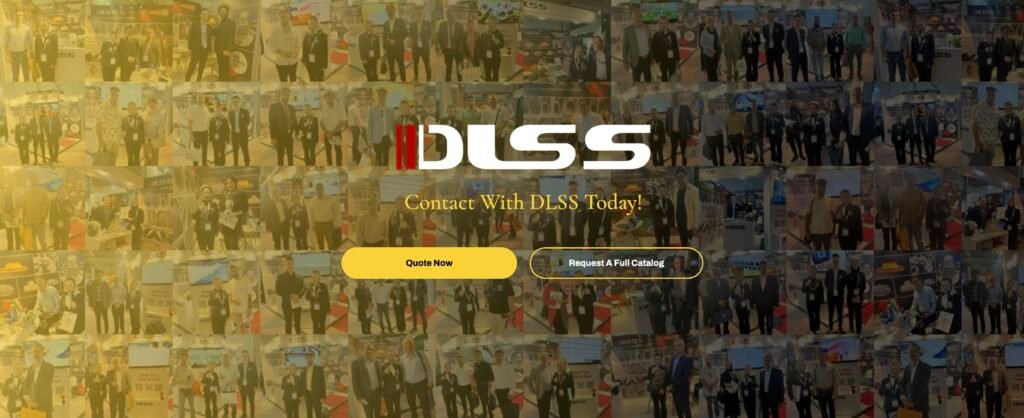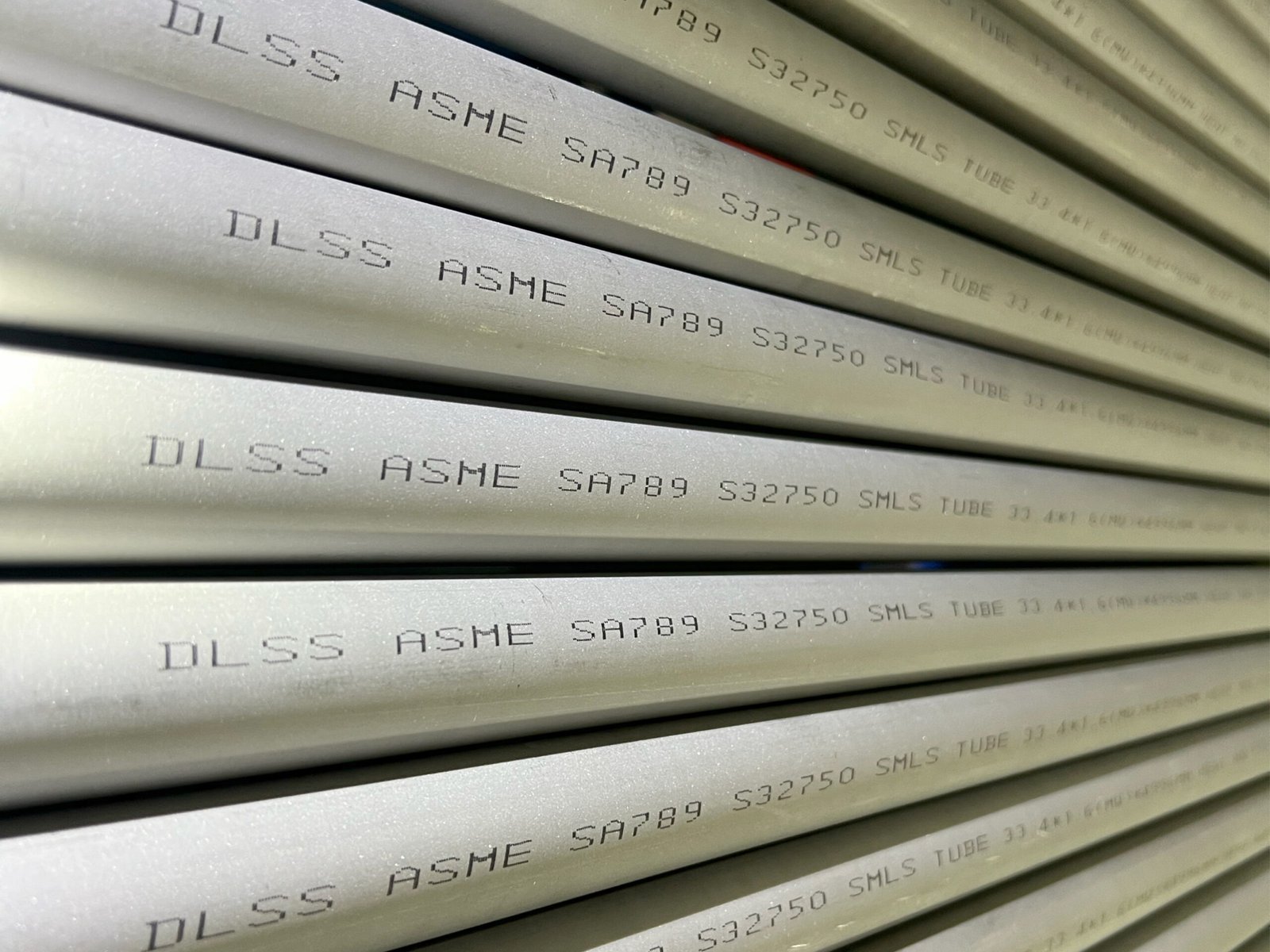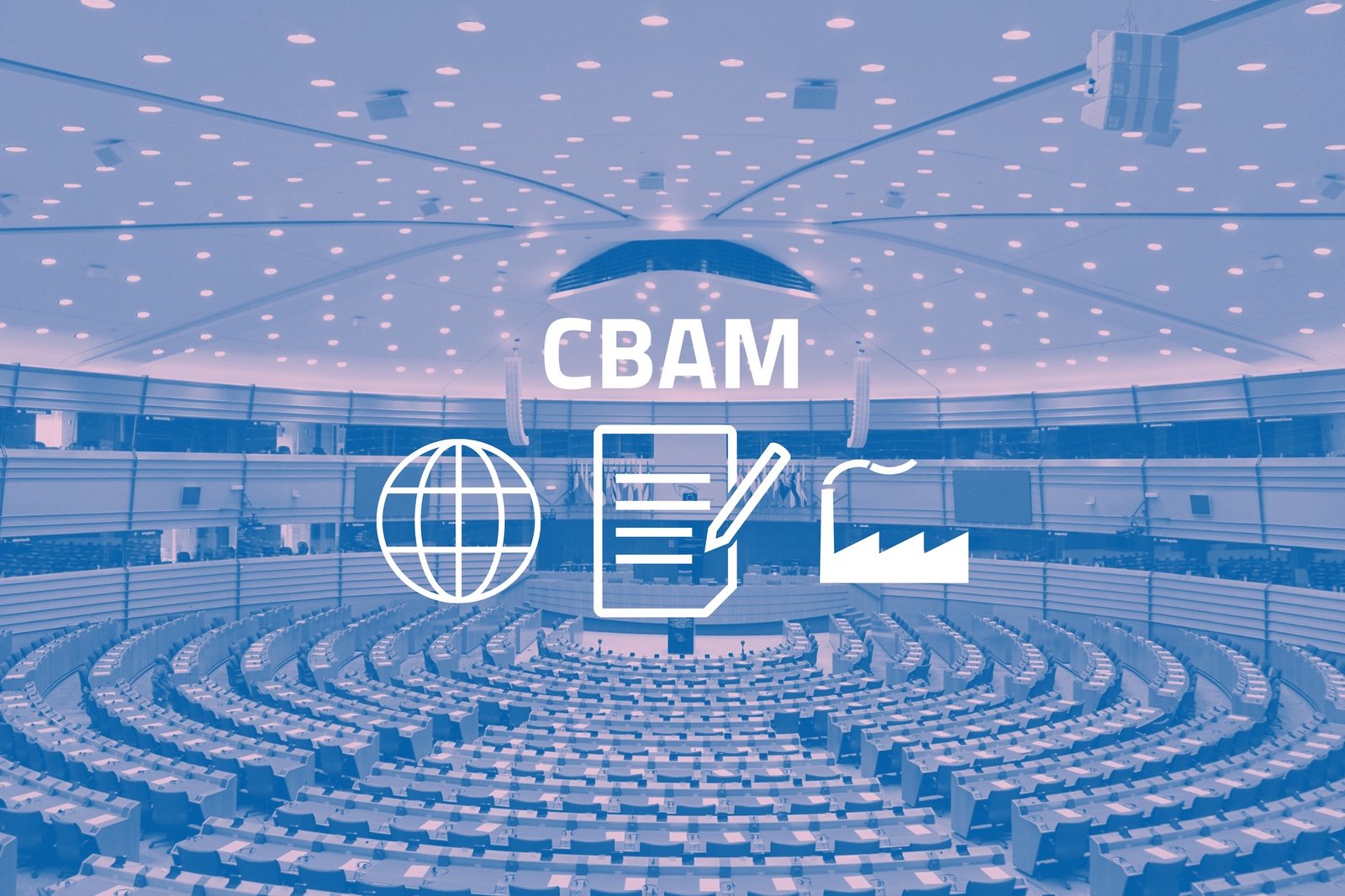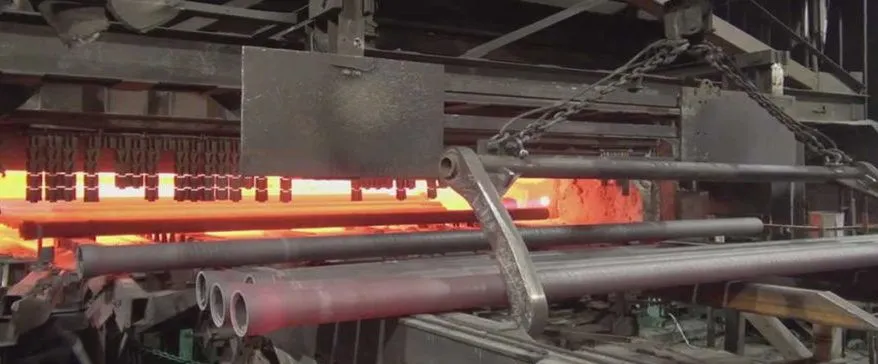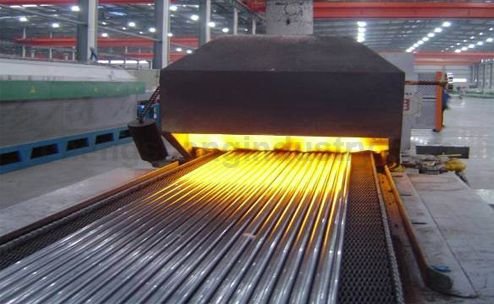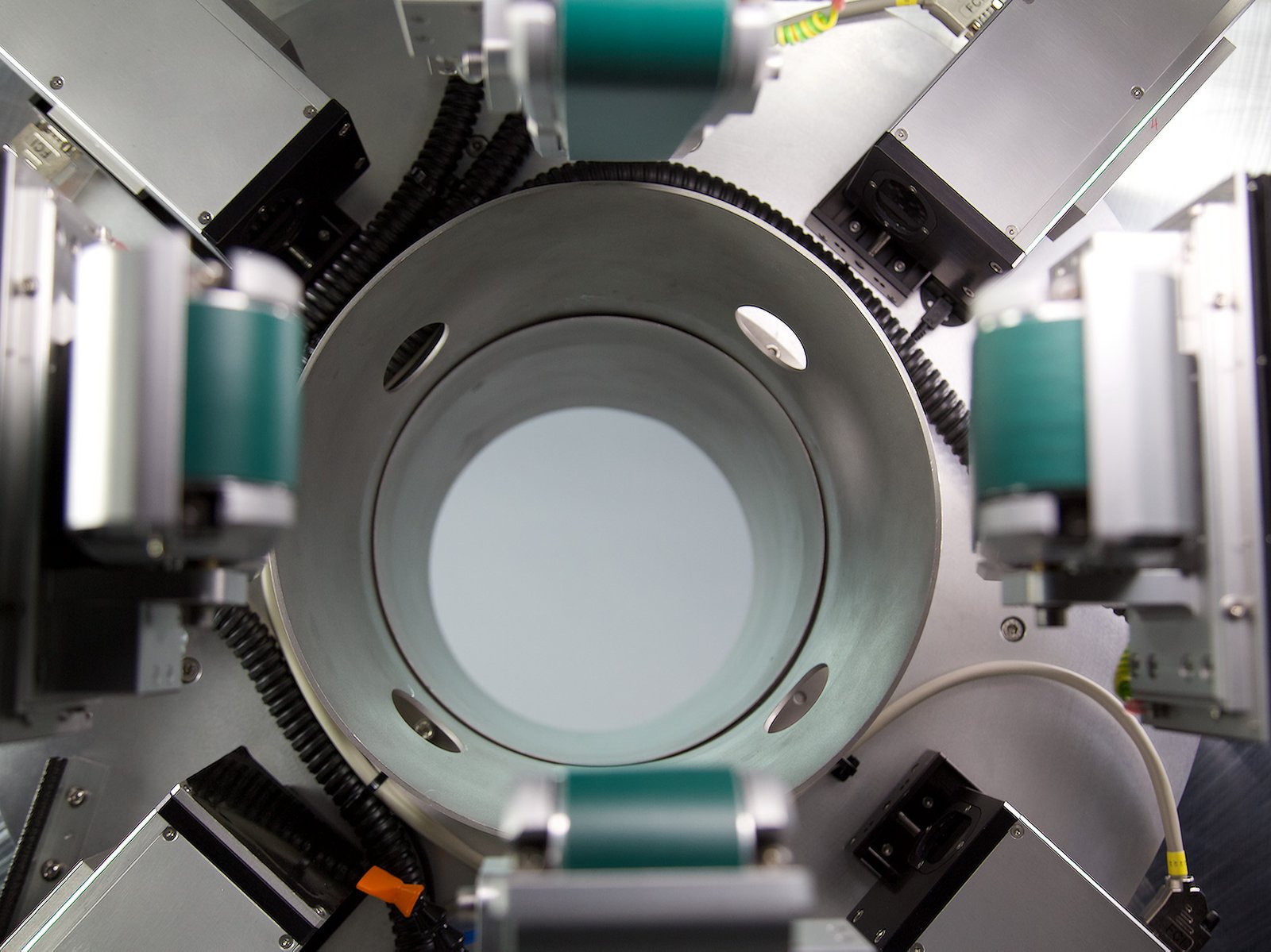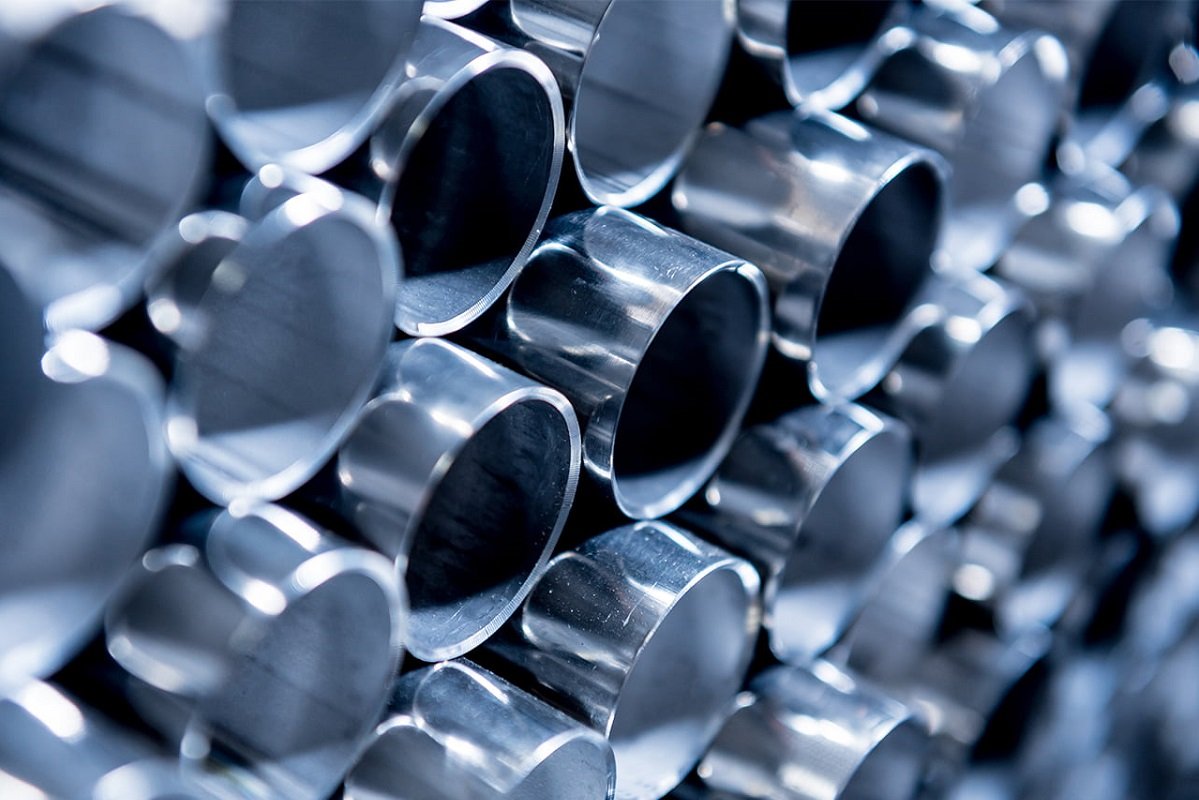With over 140 participating countries, China’s Belt and Road Initiative (BRI) has become one of the largest infrastructure investment programs in history. From oil pipelines in Pakistan to power plants in Southeast Asia and desalination facilities in Africa, the demand for stainless steel pipes, tubes, and heat exchanger systems is rapidly expanding.
For Chinese manufacturers, the BRI represents not only a geopolitical opportunity—but a practical, long-term export market.
1. What Types of Projects Are Active?
| Sector | Examples |
|---|---|
| Energy | Gas-fired power plants (e.g., Bangladesh, Uzbekistan), LNG terminals |
| Water Treatment | Desalination in the Middle East, industrial water systems in Central Asia |
| Petrochemical | Refinery upgrades (e.g., Malaysia RAPID), fertilizer plants (e.g., Egypt, Kenya) |
| Transportation | Port modernization, railway tunnel ventilation (requires precision piping) |
In these projects, EPC contractors often require heat exchanger tubes, pressure piping, sanitary piping, and related components that meet ASME, EN, or ISO standards.
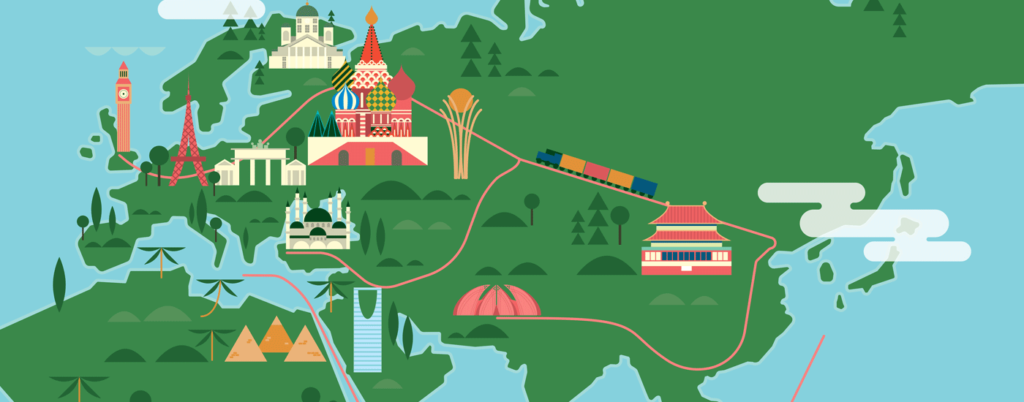
2. Key Buyer Expectations in BRI Projects
Procurement in BRI markets is shifting—buyers now expect more than just “low price.”
| Buyer Focus | Supplier Response |
|---|---|
| Document Compliance | EN 10204 3.1/3.2, ASME certification, project traceability |
| Logistics Assurance | CIF/DDP delivery, seaworthy packaging, anti-corrosion film, HS code accuracy |
| Multi-standard capability | Ability to meet EN + ASME + JIS in one shipment |
| Inspection Flexibility | Acceptance of SGS, BV, TUV, or buyer-appointed TPI |
| Packaging & Labeling | Bundle marking, color-coded tube ends, alloy tags, container loading photos |
Many EPC contractors or national companies evaluate suppliers based on previous project experience and whether they can adapt to multi-national expectations.
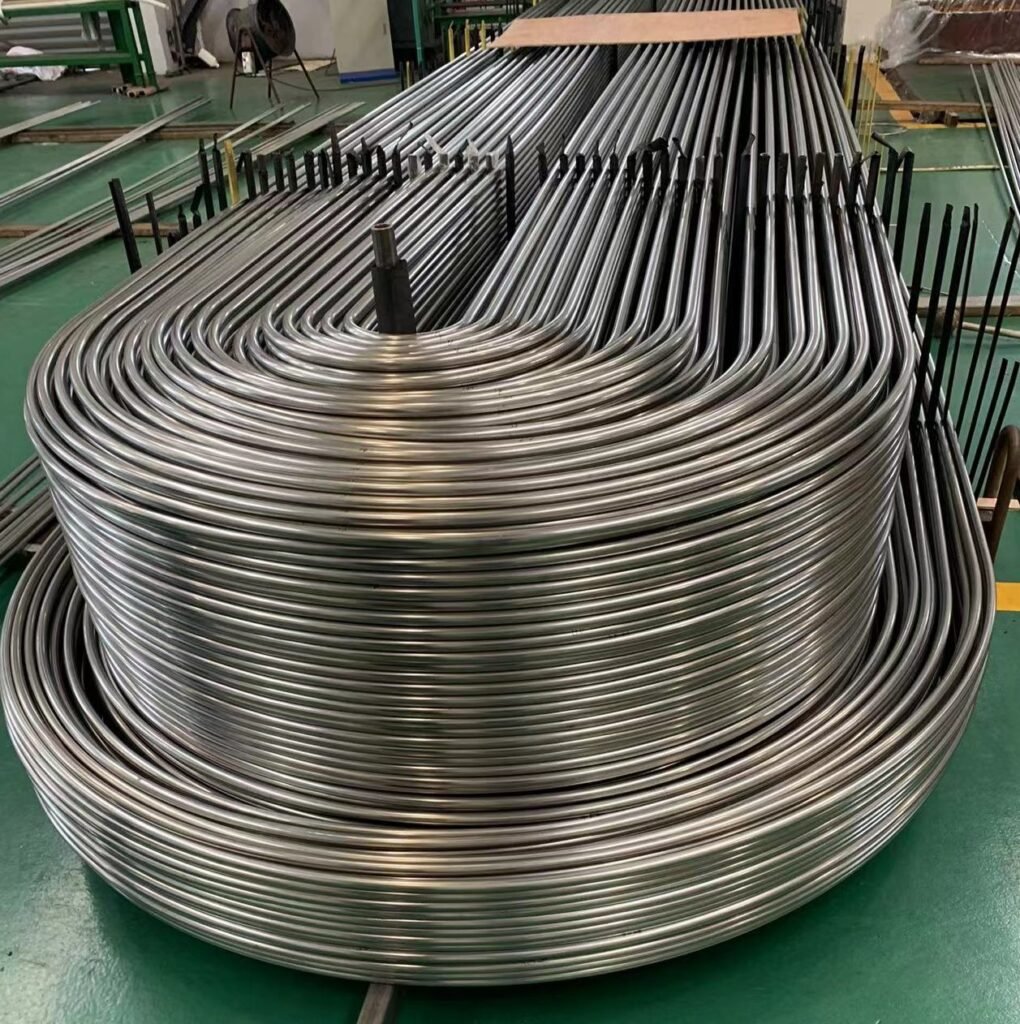
3. DLSS Strategy Template: From Tube to Solution
To stand out among thousands of Chinese suppliers, consider positioning not just as a manufacturer—but as a solution provider. For example:
✔ Supply full set of stainless steel tubes + flanges + fittings
✔ Pre-pack by system or drawing (e.g., condenser set / steam coil set)
✔ Support client with drawing review + MTC + hydro test reports
✔ Offer videos + photos for inspection when TPI is remote or restricted
✔ Label by P.O. number + destination country + alloy grade
DLSS has used this method to support bundled tube shipments for BRI projects in Egypt, UAE, Iran, and Southeast Asia, improving client trust and reducing miscommunication.

4. How to Increase Your Win Rate in BRI Projects
- Respond quickly to inquiries (within 24h), even during tender phase
- Provide samples or inspection reports to reduce buyer hesitation
- Offer partial shipments or tube + fitting bundling services
- Learn local standards (e.g., BS4504, GOST, DIN) if project is hybrid
- Include project success stories with photos and buyer references
Consider also developing bilingual catalogues (e.g., English/Arabic or English/Spanish) for target regions.
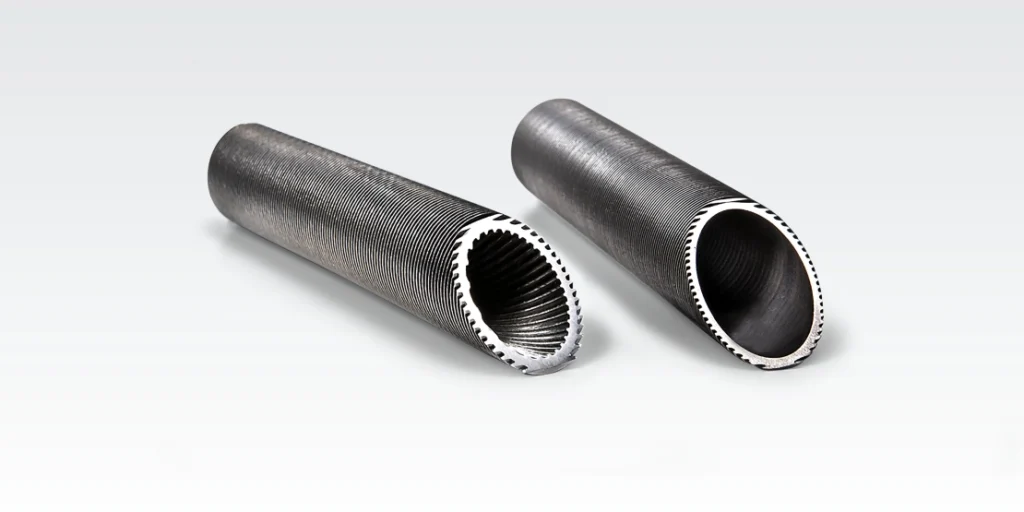
Frequently Asked Questions (FAQ)
Q1: Do Belt and Road countries require third-party inspection?
A: Yes, especially in energy and infrastructure projects funded by governments. Pre-shipment inspection (PSI) by SGS or BV is often mandatory.
Q2: Can DLSS support tube + fitting + flange packages?
A: Yes. We provide one-stop stainless steel packages with coordinated MTC, packaging, and shipping schedules.
Q3: How to ensure smooth customs clearance in Africa or South Asia?
A: Include proper HS codes, fumigation certificates, and invoice/packing list in destination country’s preferred format. DLSS provides full export documentation sets.
Q4: What tube grades are most requested in BRI energy projects?
A: TP316L, TP321, S32205 duplex, and ASTM A269/249/312 grades. Sometimes 904L or 625 for high-corrosion areas.
Conclusion: The Right Tube Gets the Right Project
Belt and Road projects offer long-term visibility and volume for Chinese stainless steel tube manufacturers—but only if you operate like a global partner, not just a factory.
Through packaged solutions, tight documentation, and cross-cultural responsiveness, companies like DLSS can build reputation and secure repeat business in Africa, Southeast Asia, and the Middle East.
In BRI markets, success isn’t just about price—it’s about performance, packaging, and partnership.
